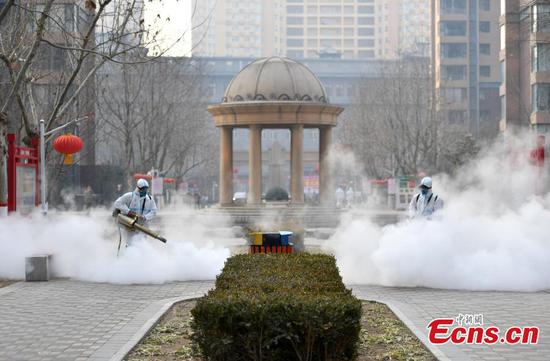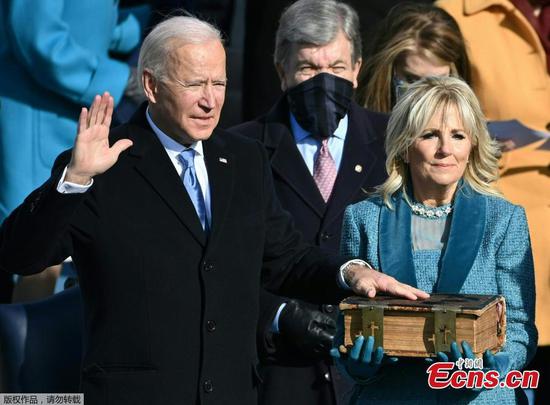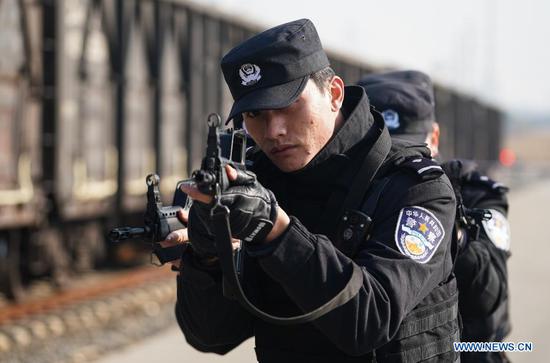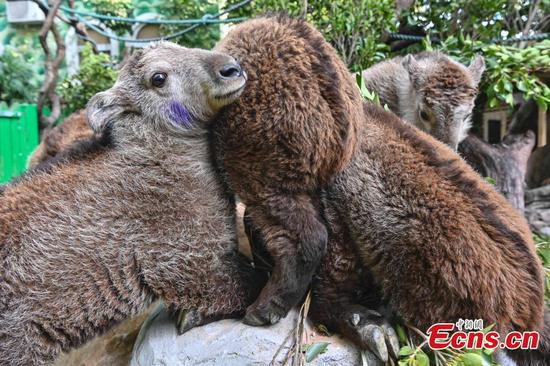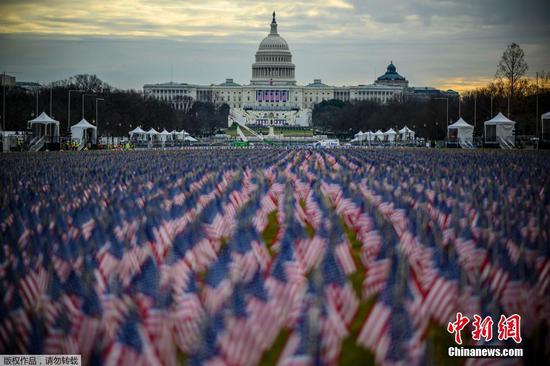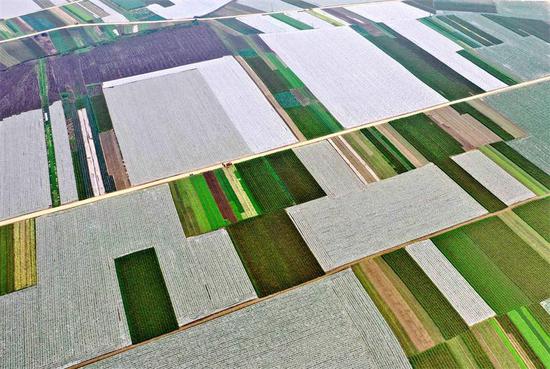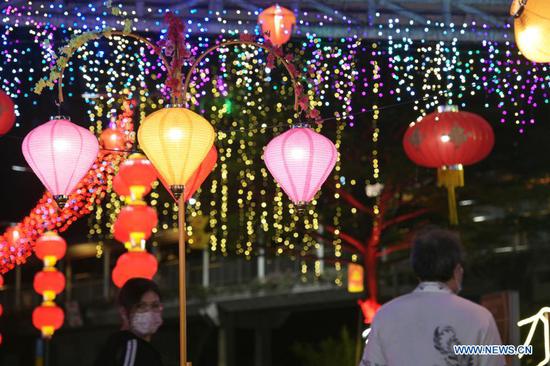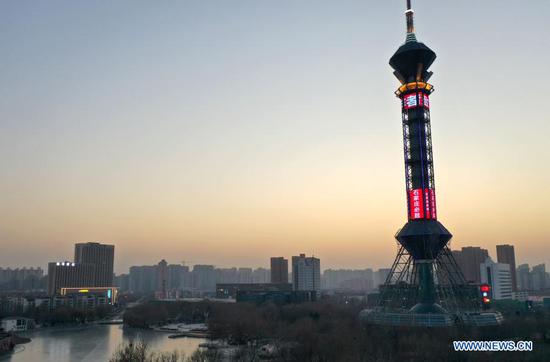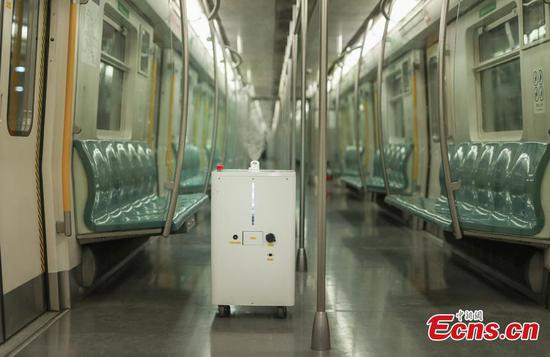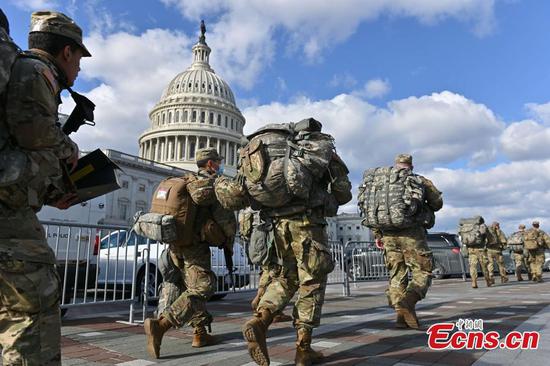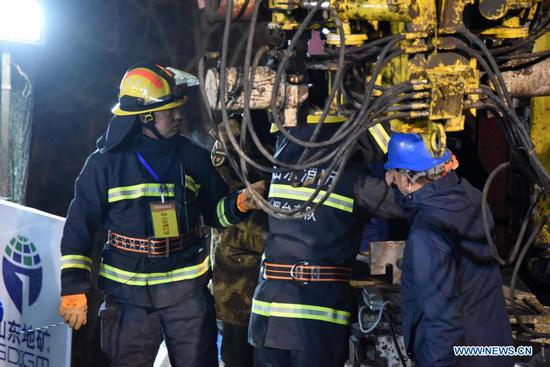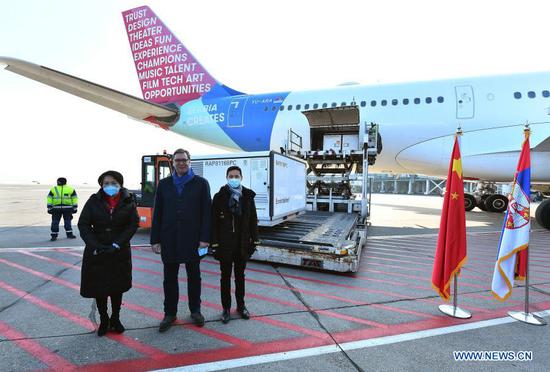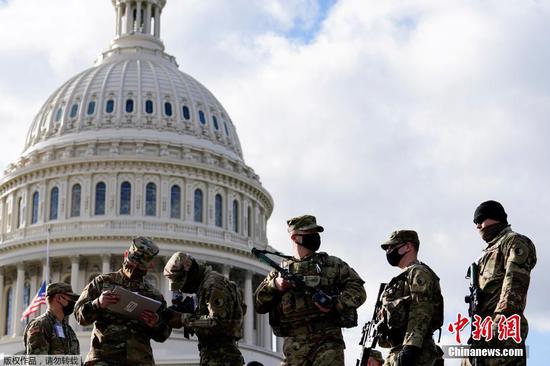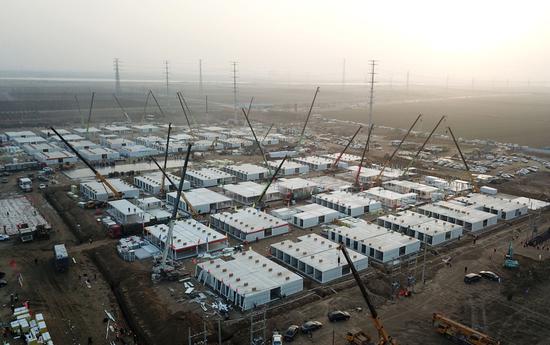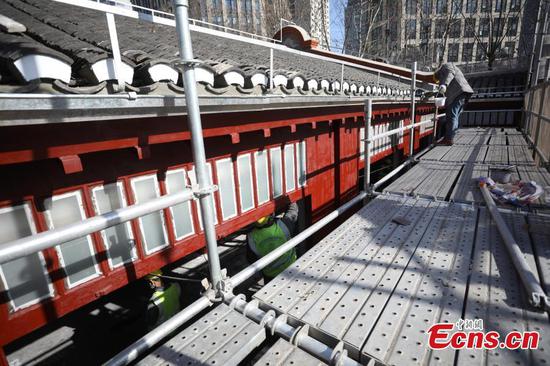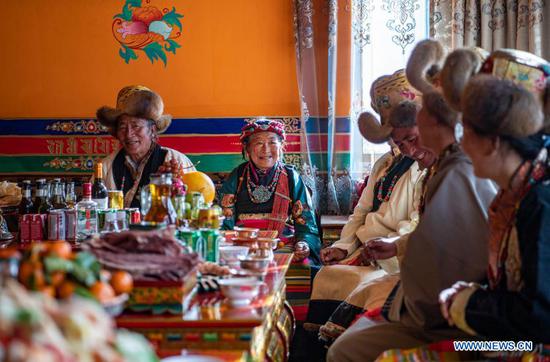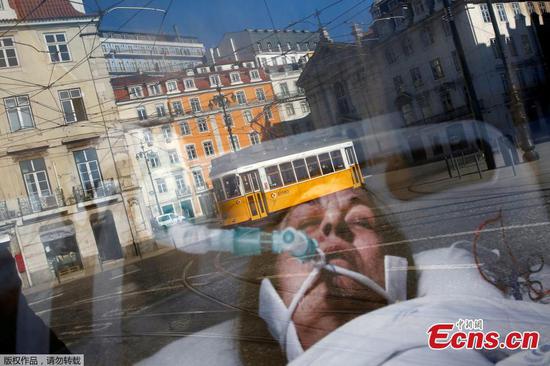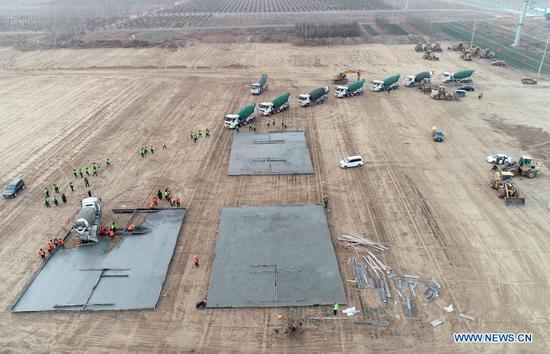Residents in China's Xinjiang region gathered in the provincial capital Urumqi to dispel accusations of forced labor and the oppression of religious freedom.
23-year-old Tursuntohti Matyusuf says his life has been better in almost every way since he relocated to the city of Korla, in central Xinjiang, from his hometown of Hotan, in the south.
"I have earned a good living since I started working in Korla. I send money home every month and my family is better-off. They now have better food, clothes and better daily necessities. My parents are happy and say I have really grown up and become responsible," said Matyusuf.
Tursuntohti said he earns 4,000 yuan, or a little over 600 dollars a month, but he hopes he can earn more.
"I cherish my job and will work harder for more money. This way I can procure an even better life for my family in the future," said Matyusuf.
At 50, Abdul Juma, also from Hotan Prefecture, said in his entire work life he hasn't experienced any so-called "religious oppression."
"As far as I'm concerned, I have been working for this cement factory since 2013. The company respects our dietary habits and has specially opened a Muslim canteen to provide pilaf, hand-pulled noodles, spicy chicken, pitir manta, and so on; all are our favorite food. In Luopu County, where I live, Muslim restaurants can be seen everywhere. We often invite our friends to try these restaurants on holidays," said Abdul.
He said subsidies and providence are doled out for traditional festivals, and that no one has ever interfered in weddings, funerals, or other traditional activities.










